On August 11, the Vietnam Science Association and the International Center for Interdisciplinary Science and Education (ICISE) officially opened the international conference "Cosmology and Star Formation in Different Environments".
The five-day event brought together nearly 150 scientists and researchers from 30 countries and territories.
"Cosmology" Conference: Marking 60 years of CMB discovery
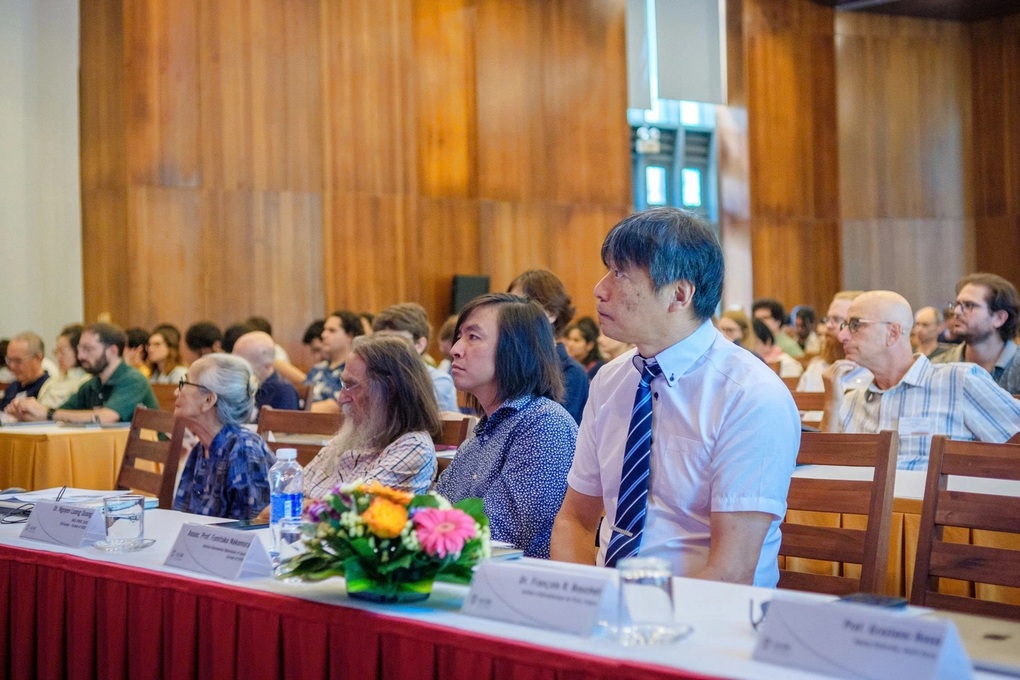
According to Dr. Tran Thanh Son, Deputy Director of ICISE Center, the "Cosmology" conference was honored to welcome many leading scientists in the world such as Professor Edward Rocky Kolb from the University of Chicago (USA) - one of the most prestigious cosmologists; Professor Graziano Rossi from Sejong University (Korea); and Professor Tarun Souradeep from the Raman Research Institute (India).
This is the fifth time a cosmology conference has been held at ICISE, following 2013, 2015, 2017 and 2019. Notably, this year's conference takes place on the 60th anniversary of the discovery of the Cosmic Microwave Background (CMB) by Arno Penzias and Robert Wilson.
This historical event firmly established the Big Bang model in modern cosmology.
The conference's main sessions focused on hot topics such as the cosmic microwave background (CMB), large-scale structure of the universe and gravitational waves; dark energy, dark matter and revised theories of gravity; baryon and lepton generation, the early universe and cosmic inflation; black holes, numerical relativity and quantum field theory in curved space-time; and neutrino cosmology.
Star Formation Conference: Exploring New Advances
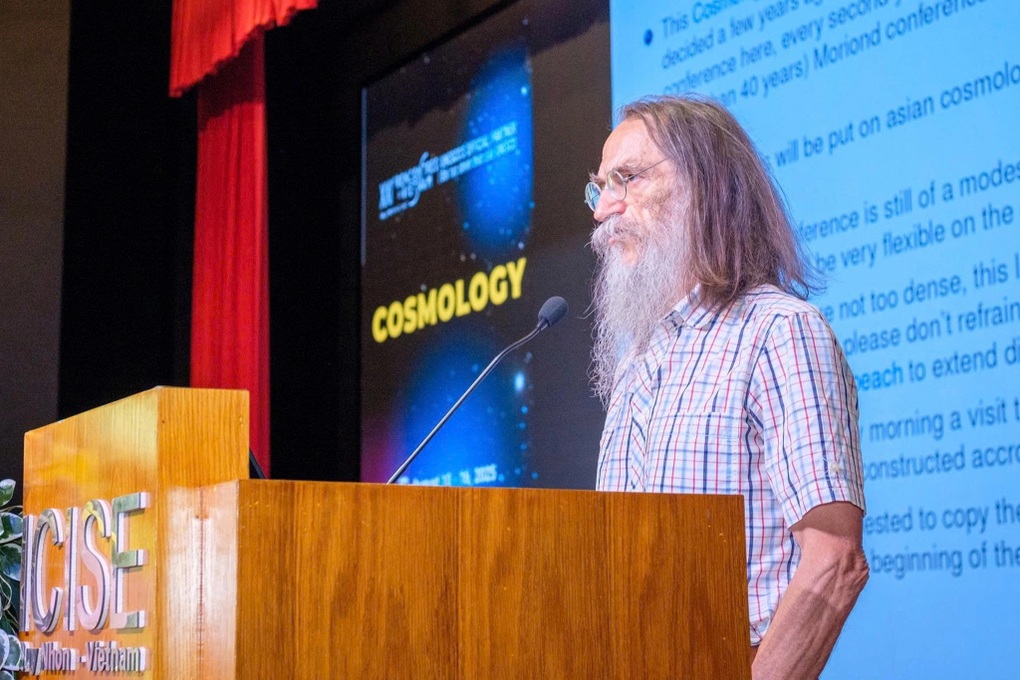
In parallel with the cosmology conference, the conference "Star formation in different environments" also attracted the participation of many prestigious scientists such as Associate Professor - Dr. Fumitaka Nakamura from the National Astronomical Observatory of Japan (co-organizer of the conference); Professor Christoph Federrath from the Australian National University (ANU); and Professor Josep Miquel Girart from the Institute of Space Sciences (IEEC), Spain.
The conference focuses on the latest advances in the study of star formation, in particular by taking advantage of the advanced observational capabilities of ALMA and the James Webb Space Telescope (JWST). The main goal is to elucidate the physical processes occurring in a wide range of environments, from individual stars and molecular clouds to the scale of entire galaxies.
Major topics discussed include molecular clouds; low-mass star formation; high-mass star formation; energy balance during star formation; turbulence in clouds; and star formation at the galactic scale.
Cooperation opportunities and strategic research orientation
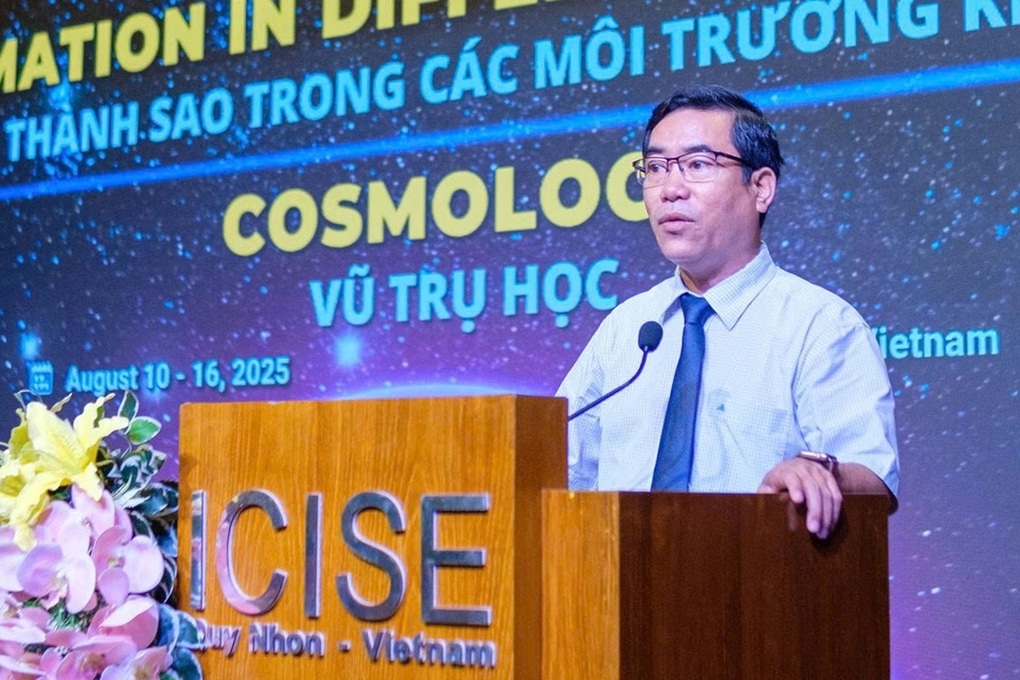
Dr. Nguyen Huu Ha, Deputy Director of the Department of Science and Technology of Gia Lai, emphasized that these two conferences are not only important academic forums to share the latest research advances, but also open up many opportunities for cooperation in pioneering fields such as cosmology and astrophysics.
These are areas that require long-term vision, multi-sectoral linkages and extensive international cooperation.
Mr. Ha expressed his belief that the workshops at ICISE will contribute to shaping future strategic research directions, while promoting the formation of strong research groups with global influence.
Since 2013, the ICISE Center has welcomed more than 16,500 scientists from over 60 countries and territories, including 18 Nobel Prize winners. Gia Lai Province currently identifies science and education as the foundation for innovation and sustainable development.
Source: https://dantri.com.vn/khoa-hoc/gia-lai-gan-150-nha-khoa-hoc-quy-tu-thao-luan-ve-vu-tru-20250811142641186.htm




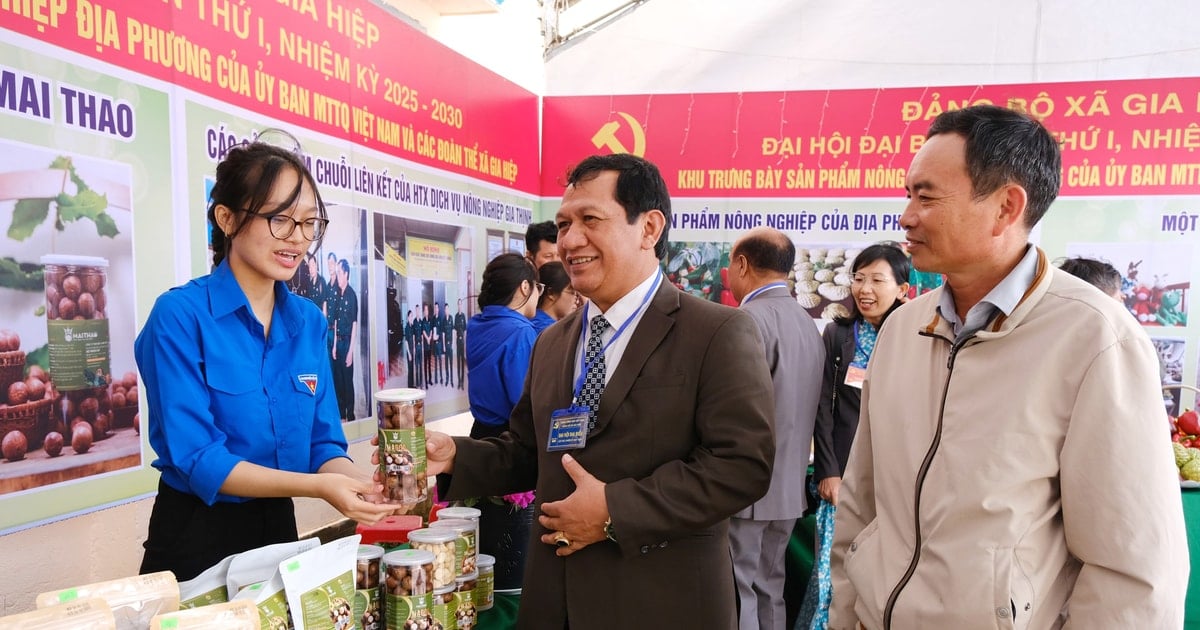


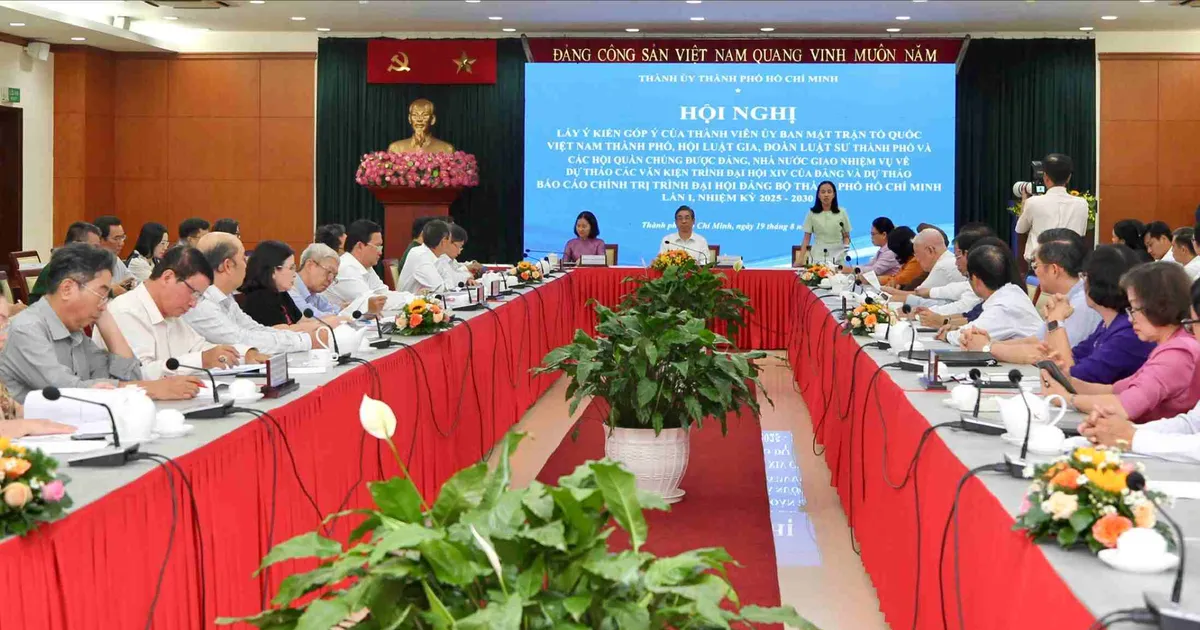

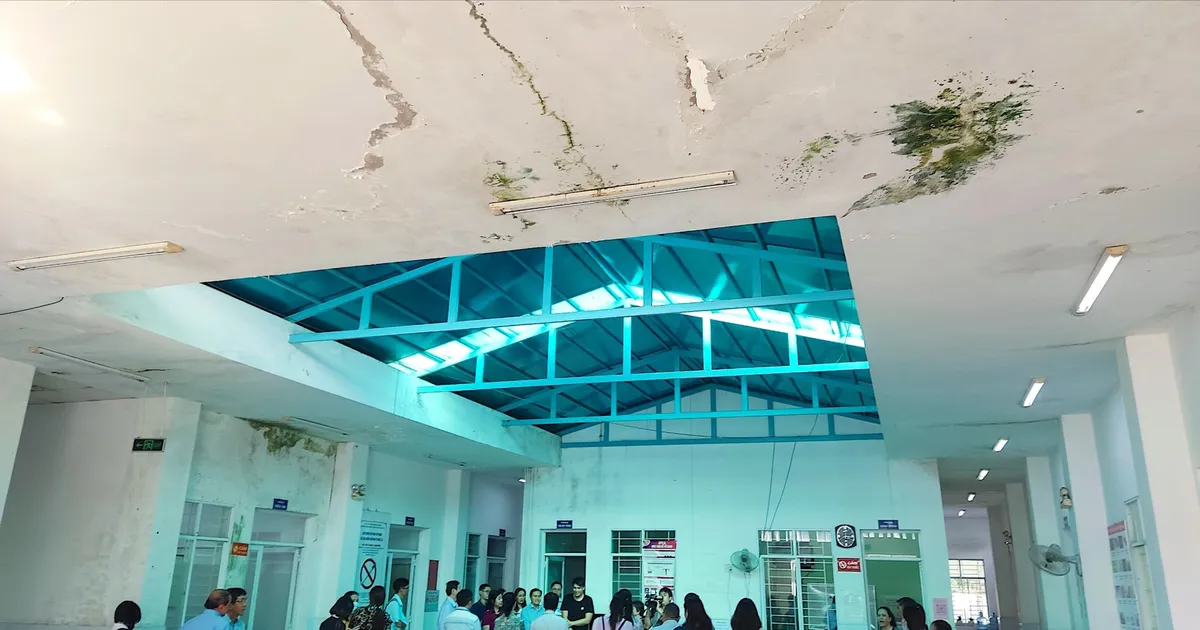
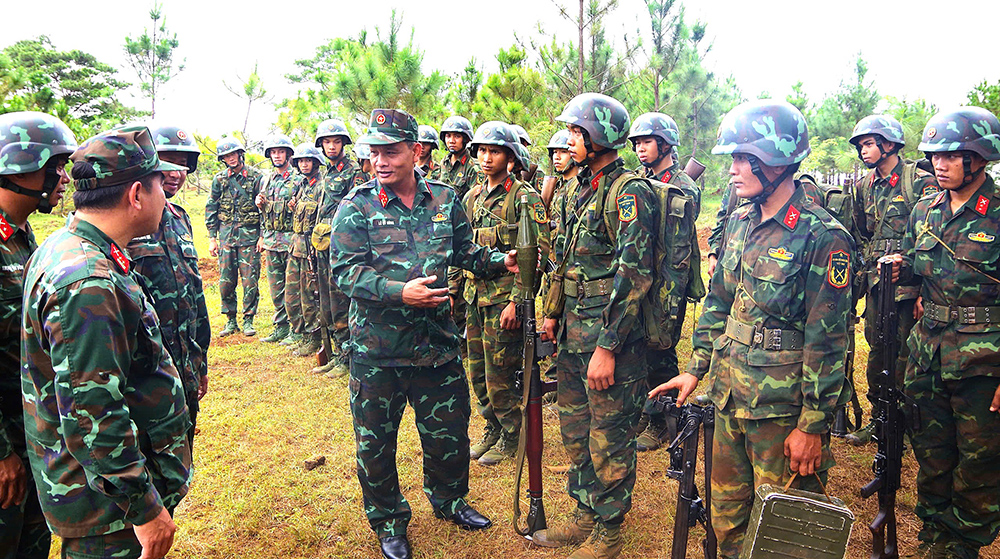
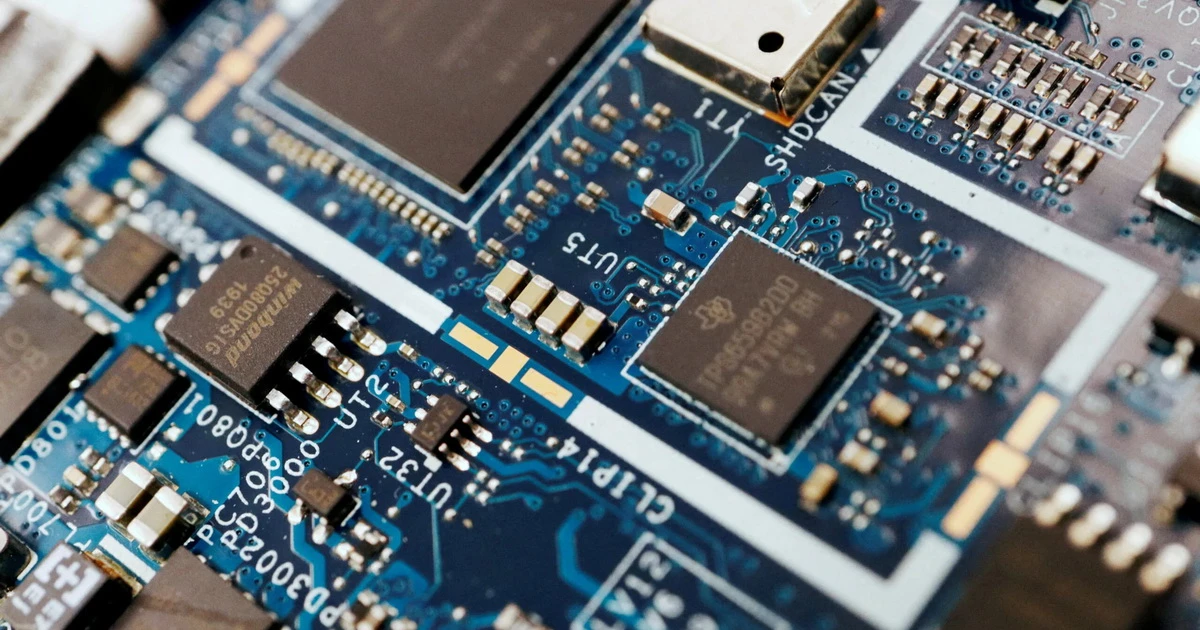















![[Photo] An Phu intersection project connecting Ho Chi Minh City-Long Thanh-Dau Giay expressway behind schedule](https://vstatic.vietnam.vn/vietnam/resource/IMAGE/2025/8/21/1ad80e9dd8944150bb72e6c49ecc7e08)



































![[Photo] Politburo works with the Standing Committee of Hanoi Party Committee and Ho Chi Minh City Party Committee](https://vstatic.vietnam.vn/vietnam/resource/IMAGE/2025/8/21/4f3460337a6045e7847d50d38704355d)

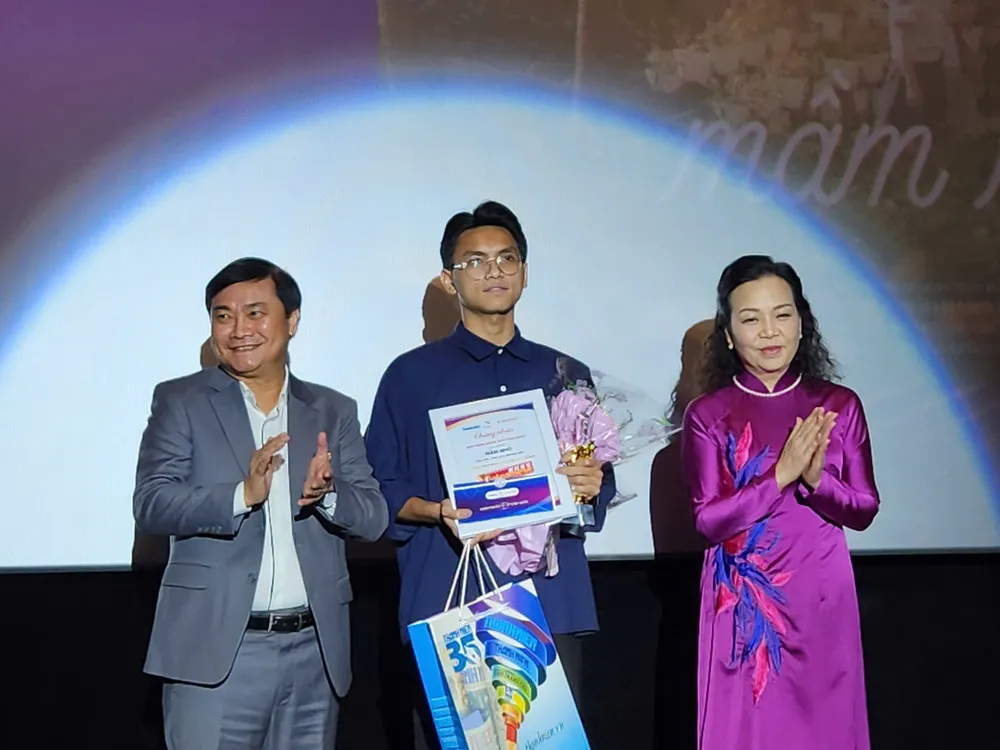































Comment (0)